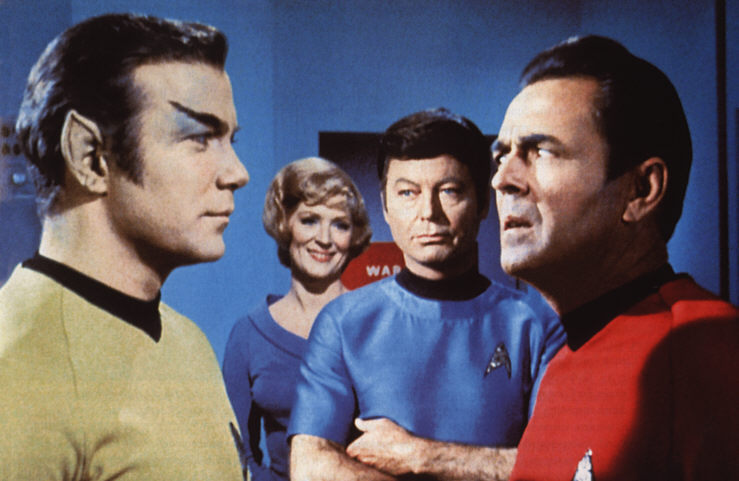That canna be true, captain
Suppose you have three thousand reporting stations and each one has a ninety-nine year record. How many daily record highs would you expect to see in the 100th year?
3000 * 365 / 100 = 10,950 daily record highs.
How many stations would be expected to record their hottest year ever?
3000 / 100 = 30
In a perfectly stable climate, we would expect thirty stations to record their hottest year ever.
It is called freshman math, not global warming.
—————————————————–
The wintry west extends his blast,
And hail and rain does blaw;
Or the stormy north sends driving forth
The blinding sleet and snaw:
While, tumbling brown, the burn comes down,
And roars frae bank to brae;
And bird and beast in covert rest,
And pass the heartless day.
Robbie Burns



Though UHIE affects low temperature readings more than daytime temperatures, it still does affect high temperature readings. Thus, I would still expect to see more daytime high temperature records than low temperature records. Its just the bias in the system.
If the temperature of the world has increased by 2 degrees C, (as some alarmists claim) then we should never see a low temperature record again. (New thermometer sites excluded). Temperature swings that fall within a high sigma deviation could not reach the low temperatures required to set any new low temperature records. But we continue to see low temperature records in rural environments. Just take this past winter as an example.
Which shows how fragile the claims of catastrophic warming really are.
Check out this text book for kids LOL
http://www.youtube.com/watch?v=F29t52MQBrQ
Standing firm against a hurricane of lies
http://factsnotfantasy.blogspot.com/2010/10/standing-firm-against-hurricane-of-lies.html
http://www.youtube.com/watch?v=puXr_Nq8-tw&NR=1 Also if a human eats food when its young, it turns into a human being, amazing 😛
30 presumes that there are no interconnections between the stations and that they are equally distributed around the world. A prolonged heat wave in the US with record cold in Australia and South America would still result in many more record heat years than cold ones.
“In a perfectly stable climate, we would expect thirty stations to record their hottest year ever.”
In a perfectly stable climate wouldn’t it just be 30 stations recording a year equal to their hottest?